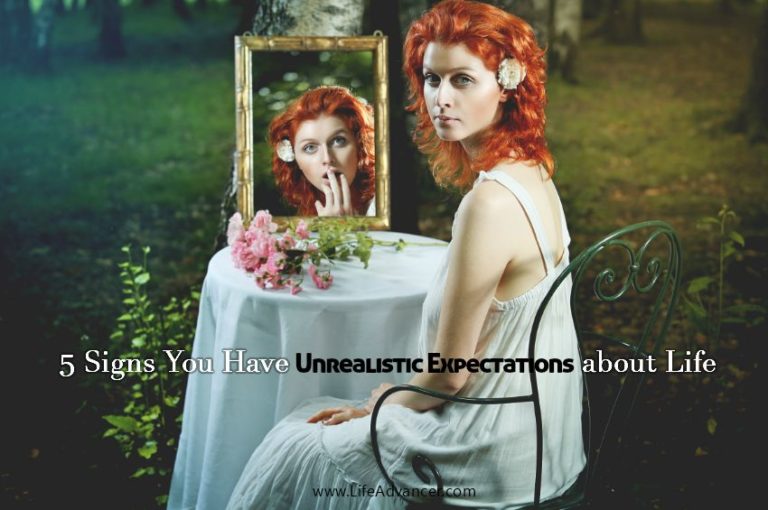WHO (World Health Organization) has announced that single people could be recognized as ‘disabled,’ which could entitle them to fertility treatment.
We all know that IVF is available on the NHS for couples that meet certain criteria. However, there are many singletons out there that would prefer to start a family without a partner but can’t afford private treatment.
Well, their wish may have just come true.
Recently, the WHO (World Health Organization) has announced that single people, whether heterosexual or part of the LGBTQ community, could be recognized as ‘disabled’ which could entitle them to fertility treatment. This is already a controversial subject. Should single people have the same right to fertility treatment as couples that have been struggling with infertility?
The answer to this question is probably going to split society right down the middle.
It’s unlikely that couples with infertility issues, that long for a child and have tried desperately to have one, are going to agree that single people should have the same right to fertility treatment as them. But, why should a single person have to have a partner to join the waiting list? Does it take two parents to raise a child?
Some may also argue that natural selection of egg and sperm is the best way to go. In many cases, nature has ways of choosing the best possible embryo for a viable pregnancy. If we start to completely bypass that natural selection in favor of creation in a lab, would it lead to future generations always being created scientifically instead of naturally?
Whether we agree or not, the fact that single people will have access to fertility treatment is something that’s going to happen. This means that all single people will be immediately recognized as ‘infertile’. There may be some singletons that are okay with that definition, and yet there may be some that take offense to it.
For a lot of people who have been through the IVF process, one of the biggest points to mention is the fact that no one person is ever the same.
There are a lot of different reasons why someone may need IVF. For example, PCOS, Endometriosis, Male factor infertility or unexplained infertility. Each individual case stretches healthcare teams and the funding that they’re allocated to the limit. If more people are added to the boat, will it sink? If singles are now entitled to the same treatment as couples, should the funding for it be increased?
There are so many implications to bringing this in, that the mind boggles. What’s your take on it?
References:





If you are ugly like me and have never managed to find anyone that wanted to be your partner, then why should you be punished a second time by not being able to bear children?